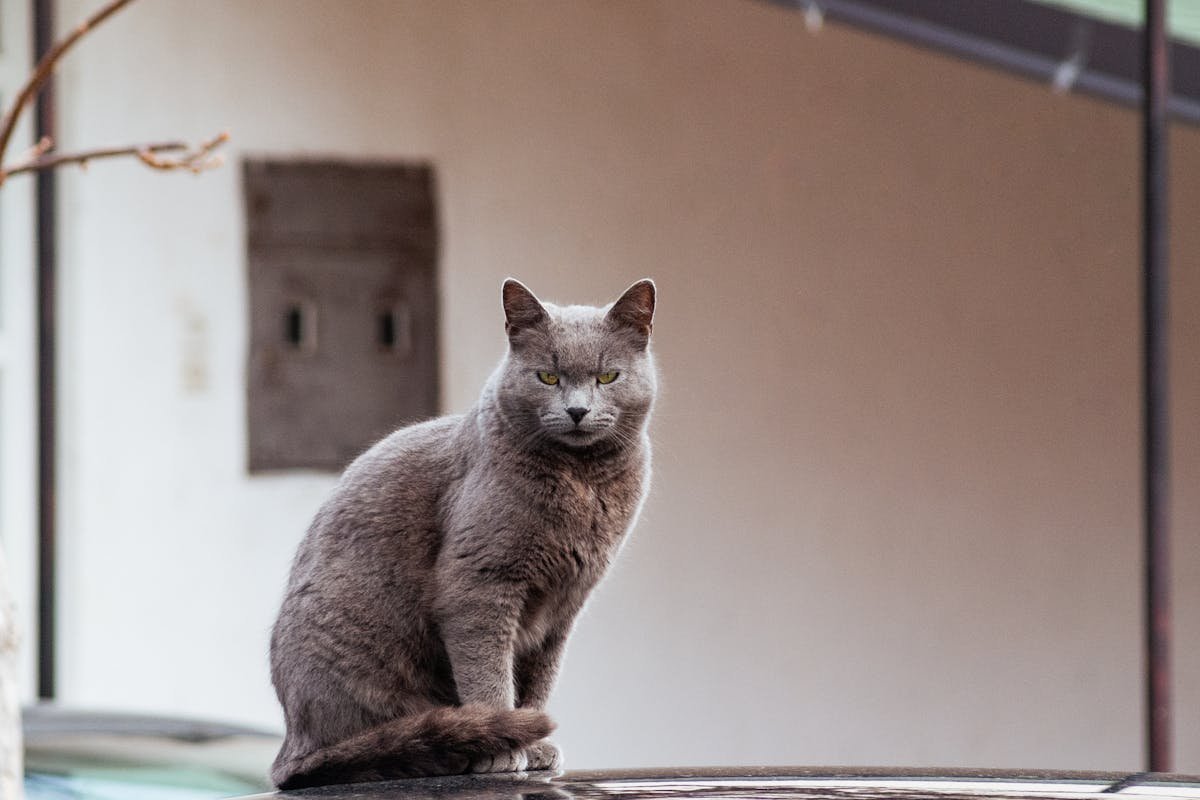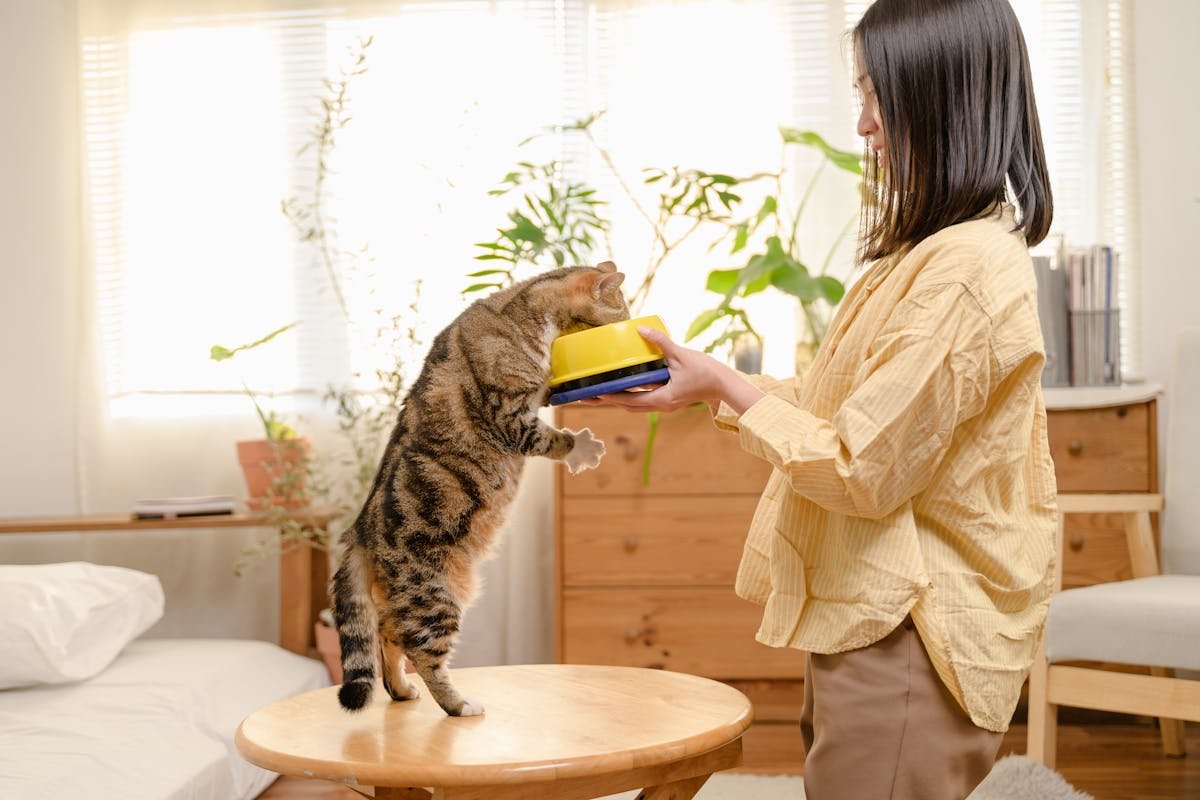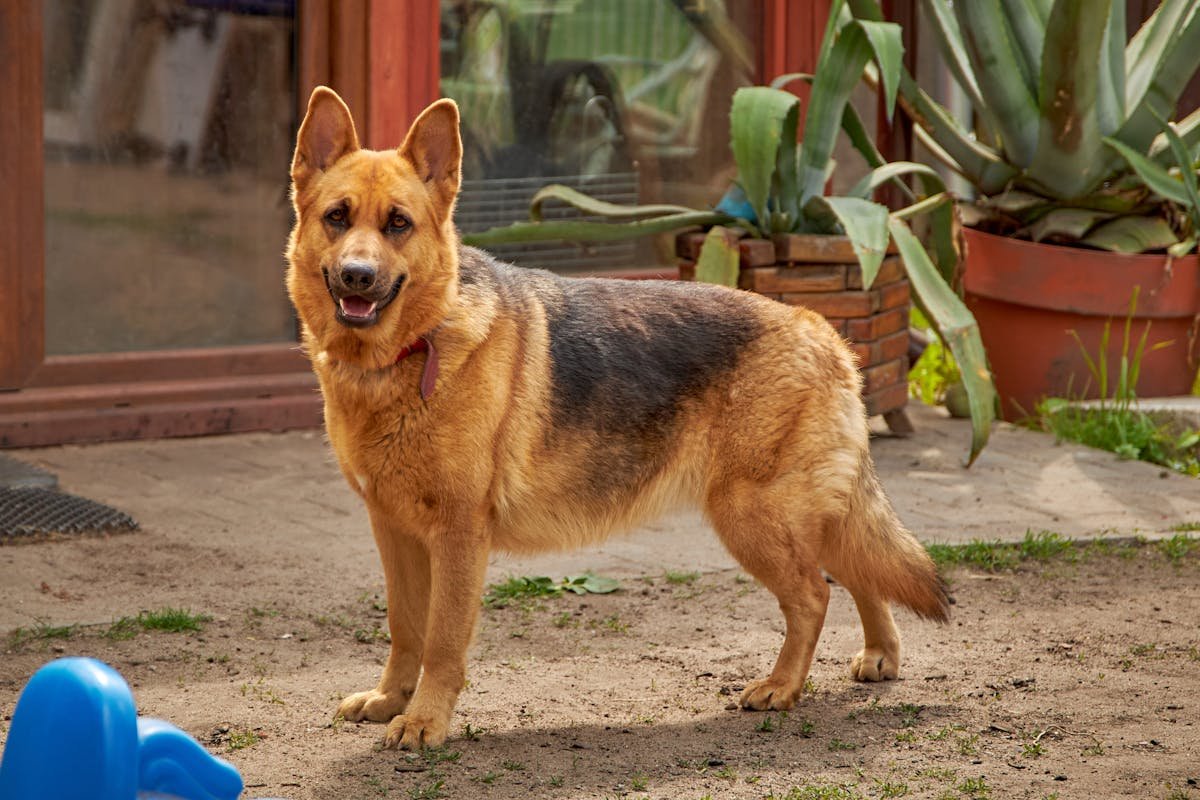Cat with toothache: pay attention to the signs!
Pet / Date: 02-14-2025

Have you ever noticed a cat with a toothache? Just like us, animals can get oral issues. If you've ever had a toothache, you know how miserable it feels! Many times, the issue can be so bad that it needs surgery and other invasive procedures.
Unfortunately, it’s no different with our pets. They are susceptible to dental diseases, and cats, for example, can suffer from various dental problems. Therefore, in this article, you will learn how to identify these problems before they get worse and how to care for your cat with a toothache.
What are the most common dental problems?

There are some reasons for a toothache in felines. But your cat might not be easily recognizable of these. Thus, there are some things to look for which you are going to learn below.
Of the usual causes that can lead to cats' teeth causing them pain and discomfort, some are prominent as they apply to the majority of home felines, particularly those who don't get their teeth cleaned regularly. Take a look below.
Periodontal disease (tartar)
This disease affects most adult cats. It is caused by the accumulation of bacterial plaque, forming tartar and inflaming the gums.
In addition, the bacteria involved in periodontal disease can enter the bloodstream, causing problems in the organs. It is very common for them to lodge in the heart or kidneys .
Tooth resorption in felines
Tooth Resorption (DR) or Resorptive Lesion (RL) in felines is an autoimmune condition. In essence, the cat's body itself comes to destroy the tooth by viewing it as a foreign body. At first, it targets the roots of the tooth, and for this reason, it becomes tough to diagnose.
This is a disease that inflames the gums and makes cats very painful, so it is best to get your pet to a vet who can diagnose this kind of issue and pull the affected tooth. Diagnosis is done by using x-rays.
Feline gingivitis-stomatitis complex
The cause of this problem that causes a cat to have toothache is an exaggerated response to the presence of plaque or teeth. However, it may be related to problems in the feline immune system.
This is a common disease in cats and is caused by inflammation of the gums ( gingivitis ) and oral mucosa (cheeks and back of the mouth). This type of problem is usually identified when cats scream, run away from food or simply stop eating.
Fractures
Cats are known for their escapades and wandering around the neighborhood. This can result in fights or falls from unfamiliar places and, eventually, broken teeth.
This kind of situation can make your cat suffer from severe toothache. So, it is extremely important to notice if your cat has broken teeth or if he begins to feel uneasy while eating, for instance.
It is also probable for the mandible or the jaw to break, which can be seen with the abnormal opening of the cat's mouth that seems uneven. This can lead to malocclusion, infections, and also leave the cat in pain.
What are the signs of toothache in cats?
As mentioned above, a cat with toothache can be very discreet. This is due to the felines' defensive instincts, which understand the demonstration of pain as weakness and vulnerability.
Hence, it is necessary to observe whether there is something unusual with the teeth or mouth, besides observing the subtle signs that the cat might exhibit. One of the most frequent symptoms of a cat with toothache is a loss of appetite or selective appetite, when the cat becomes extremely finicky about what to eat.
There is also halitosis, which may be from the pet's mouth as a result of infection or observable tartar accumulation, and redness of gums. Cats are also very clean animals and tend to groom themselves during bathing , with the use of tongue.
But if your cat has a sore mouth, this habit can be stopped, revealing dirtier, unkempt fur. And what should you do with a cat with a toothache and fever ? In this case, only a veterinarian can treat it.
How to prevent these problems?
There are two ways to prevent and care for cats with toothache: one is at home, and the other is at the vet. Creating the habit of brushing your kitten's teeth can be the best solution to avoid the many problems we mentioned.
However, if your pet is already an adult, the best practice is to talk to your veterinarian about brushing tips and some chew options that can help with dental cleaning and prevent your cat from having an inflamed tooth.
How to treat?
“My cat has a toothache, what should I do ?” If your pet is already showing some of the symptoms described above, it will most likely require treatment. Surgical correction is performed to correct fractures. In other cases, periodontal treatment is performed, which may involve some extractions.
This procedure requires general anesthesia, so some blood and imaging tests will be requested for the pet's safety. It is common to request a blood count and evaluations of the kidneys, heart and liver.
Follow Us
Newsletter
Subscribe to our newsletter to stay updated with our latest news and offers.
We respect your privacy.







